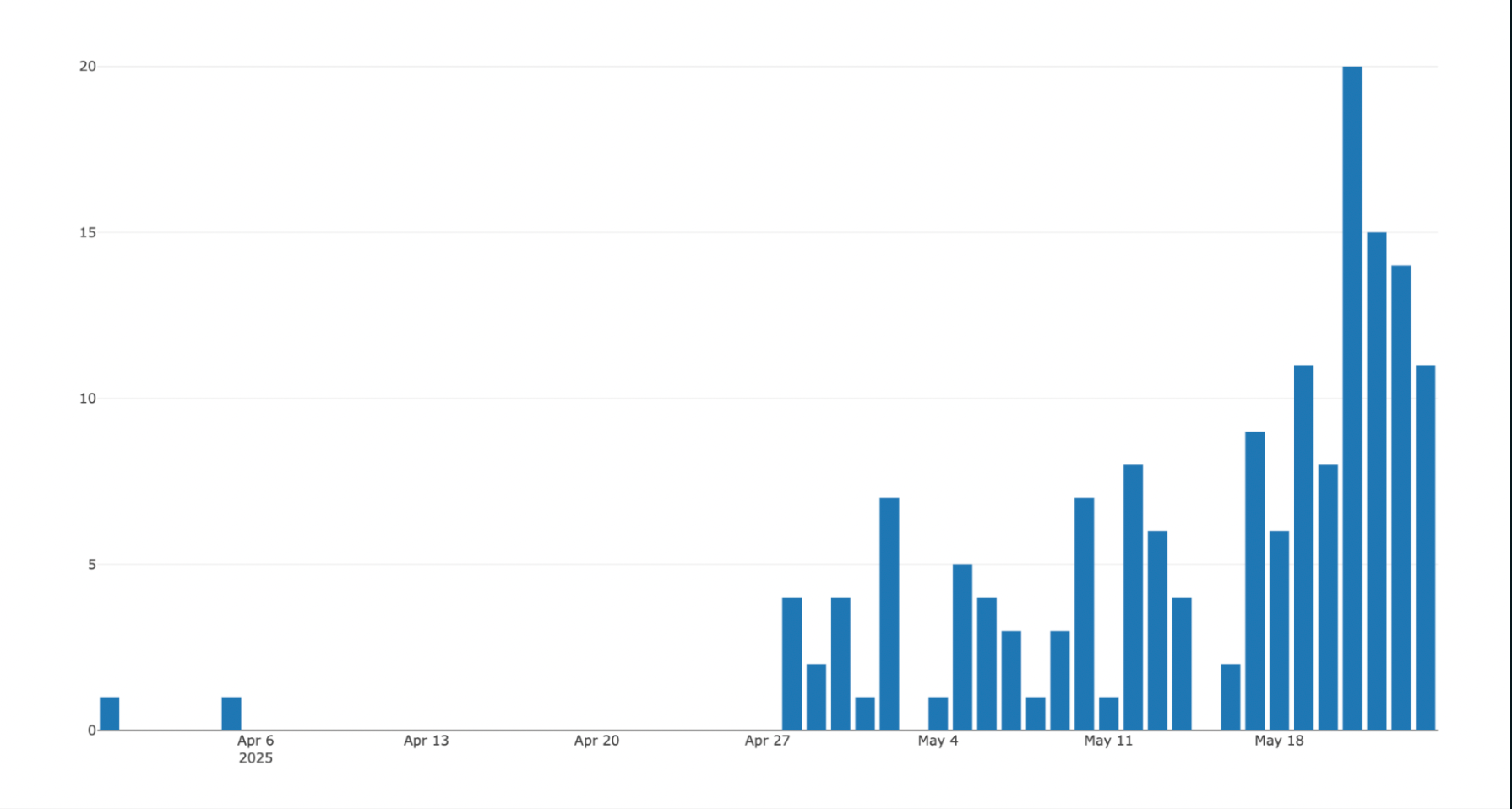
Lazarus Group Exposed: BitMEX Lifts the Veil on North Korean Cybercrime
The digital shadows have been pierced. BitMEX, the prominent cryptocurrency exchange, has unveiled significant operational security failures within the Lazarus Group, a North Korean-backed cybercrime entity. Through an exhaustive counter-operations probe, the exchange’s security team has uncovered critical vulnerabilities that could have broad implications for the crypto community. This investigation offers a rare glimpse into the inner workings of a sophisticated, yet ultimately flawed, state-sponsored hacking apparatus.
Accidental IP Address Reveals and Database Access
One of the most significant revelations is the accidental exposure of an IP address, pinpointing a hacker’s location to Jiaxing, China. This slip-up underscores a common weakness in even highly skilled cybercriminals: reliance on security protocols that are not consistently followed. Furthermore, BitMEX researchers gained access to a Supabase database instance used by the group, providing insights into their operational infrastructure and data management practices. This access could potentially reveal a wealth of information about past and future targets.

The Split in the Hacking Operation: Skilled vs. Unskilled
The BitMEX report highlights an interesting asymmetry within the Lazarus Group. The exchange’s analysis found a separation between low-skill social engineering teams, who specialize in tricking users into downloading malicious software, and high-tech hackers responsible for developing sophisticated code exploits. This division suggests the organization may operate as a collection of sub-groups with differing skill sets and objectives. This splintered structure could present both opportunities and challenges for defenders, as it reveals potential weak points in coordination and communication.
Implications for the Crypto Community
The findings from BitMEX are a timely reminder of the ongoing threats facing the crypto space. The Lazarus Group has a long history of targeting blockchain companies, exchanges, and individual users. Their methods include:
- Phishing attacks
- Social engineering scams
- Malware distribution

The FBI, alongside the governments of Japan, the US, and South Korea, have consistently warned about the group’s activities, specifically highlighting the use of fake job offers and other deceptive tactics to lure victims. This new information emphasizes the need for vigilance, including the use of VPNs, strong passwords, and critical thinking when engaging with online opportunities.
Global Response and Future Considerations
With the increasing threat posed by Lazarus Group and similar state-sponsored actors, the security community has a critical role to play. It is anticipated that world leaders may discuss these security threats at upcoming G7 summits, suggesting the urgency of the problem. The BitMEX report acts as a valuable contribution to the ongoing effort to understand, mitigate, and ultimately combat these threats, and to protect the crypto community from malicious actors.


